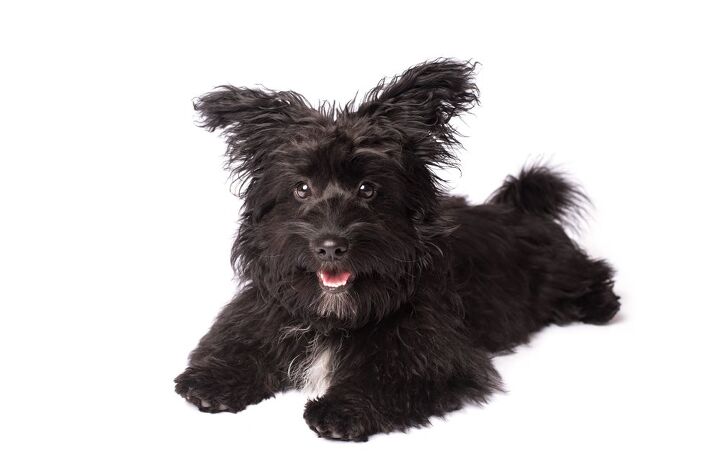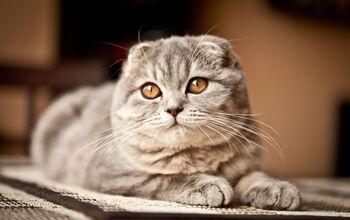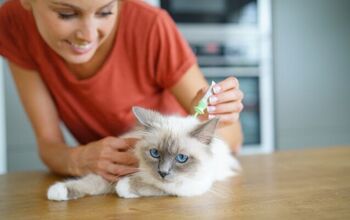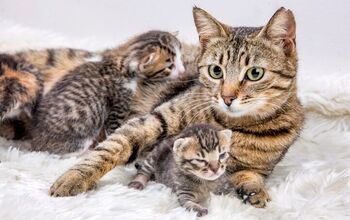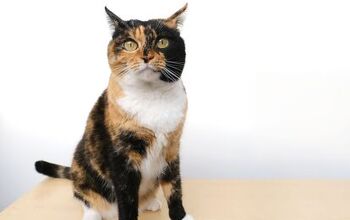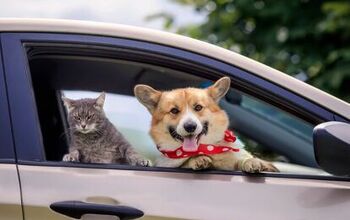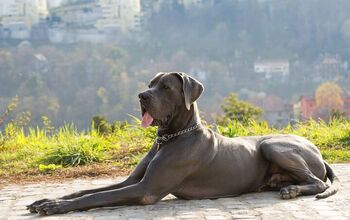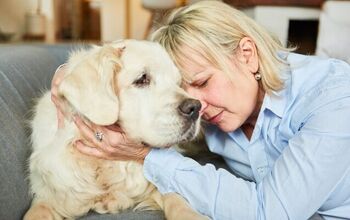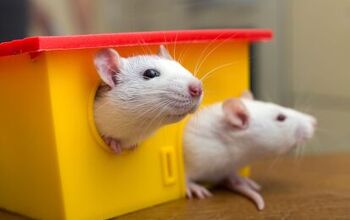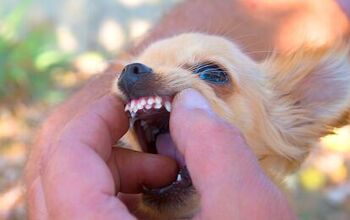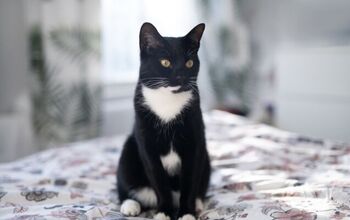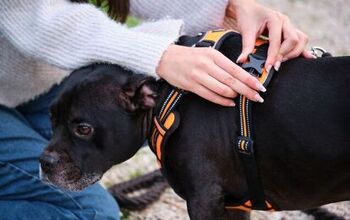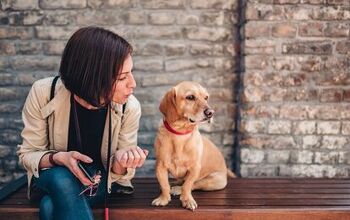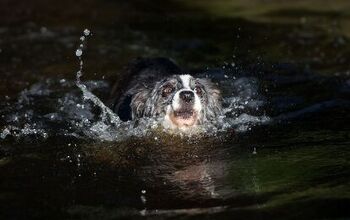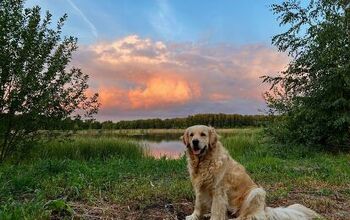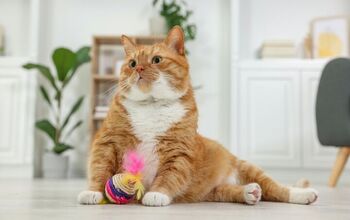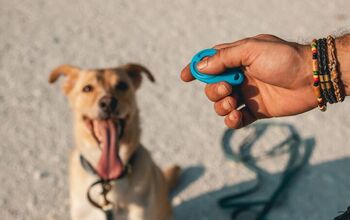Yorkillon


About Yorkillon
It’s hard to determine if these hybrid dogs have bigger hearts- or ears! Also, their attitude doesn’t stay far behind. The Yorkillon is one of those larger than life small dogs who’ll charm the pants off of you in an instant. Their insanely adorable looks and sweet nature ensure these sassy, spunky pooches get away with a lot of mischief. But even so, with the right pawrents beside them, these unique designer dogs make lovely companions- affectionate, playful, and intelligent are just some of the traits attributed to this breed.
One look at the Yorkillon’s family tree reveals a lot about these hybrids. Like all crossbreeds, this cutie is also the offspring of two purebreds. In his case, the mom and dad are the delicate Papillon and the spunky Yorkshire Terrier. This one of a kind combination of parents results in a lovely dog that often combines the best of what both breeds have to offer. With responsible breeding practices and a good upbringing, Yorkillons are friendly, sweet and fun to be around.
Of course, not unlike all dog breeds, the Yorkillon might be a perfect pet for some and a poor match for others. If you want to learn more about this rare and recent designer dog breed and find out if their personality and needs are compatible with your family’s- read on!
Yorkillon’s adorable looks and sweet nature ensure these sassy, spunky pooches get away with a lot of mischief.
It shouldn’t come as a big surprise that a breed so rare has a mysterious origin. In fact, most designer dog breeds don’t have a well-documented history, so the Yorkillon is definitely not alone. The best guess anyone can have is that the Yorkie and Papillon mix came to be somewhere in the United States, sometime in the last 20 years. Of course, just because we don’t know who developed the breed first or the nitty gritty of its creation doesn’t mean that Yorkillons are enigmatic per se. The long and, frankly, impressive histories of his parents speak volumes about this mixed breed dog as well.
The Yorkshire Terrier started his journey in England in the 19th century, where he was a vermin hunter. Owing to his sweet personality and lovely looks, it didn’t take long for this breed to advance to the status of a show dog and pet rather than a working terrier. The Papillon had quite a different start: these French dogs were lap dogs for royals and nobles. They are among the oldest toy spaniels- they are easily spotted on portraits dated to 1500s.
Needless to say, the centuries of selective breeding to perfect these two breeds will be seen in the Yorkillon, as well. The saying blood is thicker than water is quite true for these designer dogs.
The Yorkillon is a 50/50 percent mix of the two popular toy purebred dogs. Other, less common, names for the breed include Papa-Shire, Papiyork and Yorkie Pap. The breed is developed by crossing the butterfly-eared Papillon with the silky-coated Yorkshire Terrier. The combination of these two breeds results in unique dogs, and it’s mostly due to the fact that the majority of Yorkillons are first generation mixes. With two different purebred parents, puppies can end up looking quite different one from another. Some Yorkillons can have big Papillon-like ears, others could sport the bi-color coat typical for the Yorkie. You can never know with certainty what the puppies will look like when you cross these two breeds, but it’s the part of the designer dogs charm. Pawrents love having dogs that are one of a kind but still have an impressive family tree.
Of course, not all share this enthusiasm. While there are not many breeders doing this currently, there are a few dedicated to multigenerational breeding. This is the process of further crossing with other unrelated Yorkillons, Yorkies, or Papillons- all depending on the ultimate goal for the breeder. So, some Yorkillons might not be 50/50 mixes. For instance, they could have 25 percent of the Yorkie in them or come from two Yorkillon parents. The possibilities are endless!
Nutrition will play a key role in your pet’s overall health. Dogs are omnivores and need a complete and well-balanced diet to thrive and get to celebrate a lot of birthdays with you. The Yorkillon does best on premium dry food for dogs. Kibble meets the nutritional requirements of most canines and is suitable for the dental health of all small dog breeds. Feeding dry food and maintaining proper hygiene will go a long way to stopping plaque build up and early tooth loss, both of which Yorkillon is prone to. As for the breed-specific dietary needs of the Yorkillon, you will have to pay attention that the kibble you chose is made from quality ingredients and suits your dog’s size, activity level, and age group (puppy, adult, senior). Toy or small dog formula is usually the closest to a perfect match.
Choosing the best food for Yorkillon is just the first step, though. You will have to make sure you’re not overfeeding your pooch, as these petite hybrids are prone to obesity. It doesn’t take a lot of extra treats or overflowing bowls of kibble for your pet to gain extra weight and then be at risk for a myriad of health issues! Stick to the manufacturer’s serving size recommendations- Yorkie usually doesn’t need more than a cup of kibble per day.
The Yorkillon could be difficult to housebreak, so start with potty training first.
When it comes to Yorkillon’s trainability, a lot will depend on which parent is more dominant in the mix. Both the Yorkie and the Papillon are intelligent dogs, but the first one is more stubborn and the latter one is much more eager to please. As a rule of thumb, these designer dogs are somewhere in the middle, which makes them suitable for beginner and experienced owners alike. With the proper technique and a bit of patience, it won’t be too difficult to train a Yorkillon- regardless of which parent he favors. Use positive reinforcement methods and let treats and praise be the motivation for your pet to learn, rather than yelling or punishments. Not only that these aversive methods are cruel, but they are also counterproductive, too.
Not unlike most toy-sized dogs, the Yorkillon could be difficult to housebreak, so start with potty training first. In addition to basic obedience training, your dog will also require timely socialization. Expose your puppy to various situations where he can meet other pets and children, and interact with strangers. This will prevent behavioral issues and make sure your pet is easy-going and friendly.
Both of the parents of this mix are among toy dog breeds, so it’s no surprise that the Yorkillon is a pint-sized pooch. On average, these designer dogs weigh between 6 and 8 pounds.
Yorkillons are friendly, loving, and extremely devoted to their families. These dogs will shower you with love and expect nothing less than the same in return! The Yorkie and Papillon mix loves to be spoiled and pampered, and they always want to be in the center of attention. If you work long hours or already have a few pets in your household, this hybrid might not be the best choice for you- they can be velcro dogs and they don’t like sharing attention and love with other four-legged companions.
Intelligent and curious, the Yorkillon will love to play with you- or puzzle toys. They have bright minds that require a challenge from time to time, otherwise, these petite pooches can become destructive and start chewing your shoes to entertain themselves.
While sometimes mixed breed dogs can be less prone to certain breed-specific issues than their purebred parents are, it’s not an unwritten rule. A lot about your Yorkillon’s health will depend on their individual family tree and breeding they come from, as well as their lifestyle. To make sure your designer dog is as healthy as can be, never go to pet stores or dubious backyard breeders to get one. Only reputable breeders that offer health guarantees should be considered- otherwise, you can be getting a sick pooch that had a cruel upbringing.
Of course, even with healthy parents, the Yorkillon can be more prone to issues that commonly affect the Yorkie and the Papillon. These include patellar luxation, epilepsy, diabetes, tracheal collapse, Legg Calve Perthes disease, eye issues, heart defects, and hip dysplasia.
Tiny dogs have a reputation as long-lived, and the Yorkillon is among them. Provided that they come from good breeding and have a healthy lifestyle, these hybrids can life for 13 to 15 years on average.
Sure, the Yorkillon is a lively, spirited pooch, but it doesn’t mean they require daily hikes or hours of playing fetch to burn off that excess energy. In fact, they probably wouldn’t be able to withstand such an exercise regime without collapsing first, so you don’t have to worry that their energetic nature means high-maintenance exercise requirements. Circa 40 to 60 minutes of walking or playing will be enough for them to feel content and stay fit. Like it is the case with all dogs, these hybrids also need daily outdoors time and mentally stimulating activities.
Owing to their moderate activity needs, Yorkillons are a great choice for retirees or seniors looking for a companion in their golden years. Similarly, pet owners who live in big cities or apartments will find that the Yorkie and Papillon mix fits in great in these living conditions. They are small and don’t have to spend too much time outside- perfect if you don’t have a house with a big backyard!
Owing to their moderate activity needs, Yorkillons are a great choice for retirees or seniors.
Designer dog breeds are, essentially, mixed breed dogs in the eyes of major canine organizations. As a result, the American Kennel Club or its international counterparts don’t recognize hybrids as actual breeds. A number of smaller canine clubs does recognize crossbreeds, though. Yorkillon is accepted as a breed by the American Canine Hybrid Club, Designer Breed Registry, Designer Dogs Kennel Club, Dog Registry of America, and International Designer Canine Registry.
The Yorkillon sports a fine, soft coat that gives him an elegant appearance. However, that’s about the only certainty when it comes to this breed’s hair. As crossbreeds of two purebreds with different types of coat, their appearance will vary wildly. Some dogs might shed less and require a trim- if the Yorkie is the more dominant in the mix. Others might shed seasonally like their Papillon parent. In any case, these designer dogs won’t be high-maintenance. Regular combing with a slicker brush will keep their hair tangle-free.
As for the colors of their fur, there are many possibilities. From sable and white to bi-color and tri-color combinations typical for the parental breeds, there’s no shortage of variety when it comes to Yorkillons.
Yorkshire Terrier and Papillon mix puppies will be tiny, fragile, and very energetic. They have a penchant for mischief at their young age, so pay attention that their curious and lively nature doesn’t lead your Yorkillon puppy straight to trouble. Also, you shouldn’t let children play with them without adult supervision, as they are easily injured by careless handling.
You should start with obedience training and socialization as early as possible- it will help form your pet’s character and prevent potential behavioral issues.

A proud mama to seven dogs and ten cats, Angela spends her days writing for her fellow pet parents and pampering her furballs, all of whom are rescues. When she's not gushing over her adorable cats or playing with her dogs, she can be found curled up with a good fantasy book.
More by Angela Vuckovic



